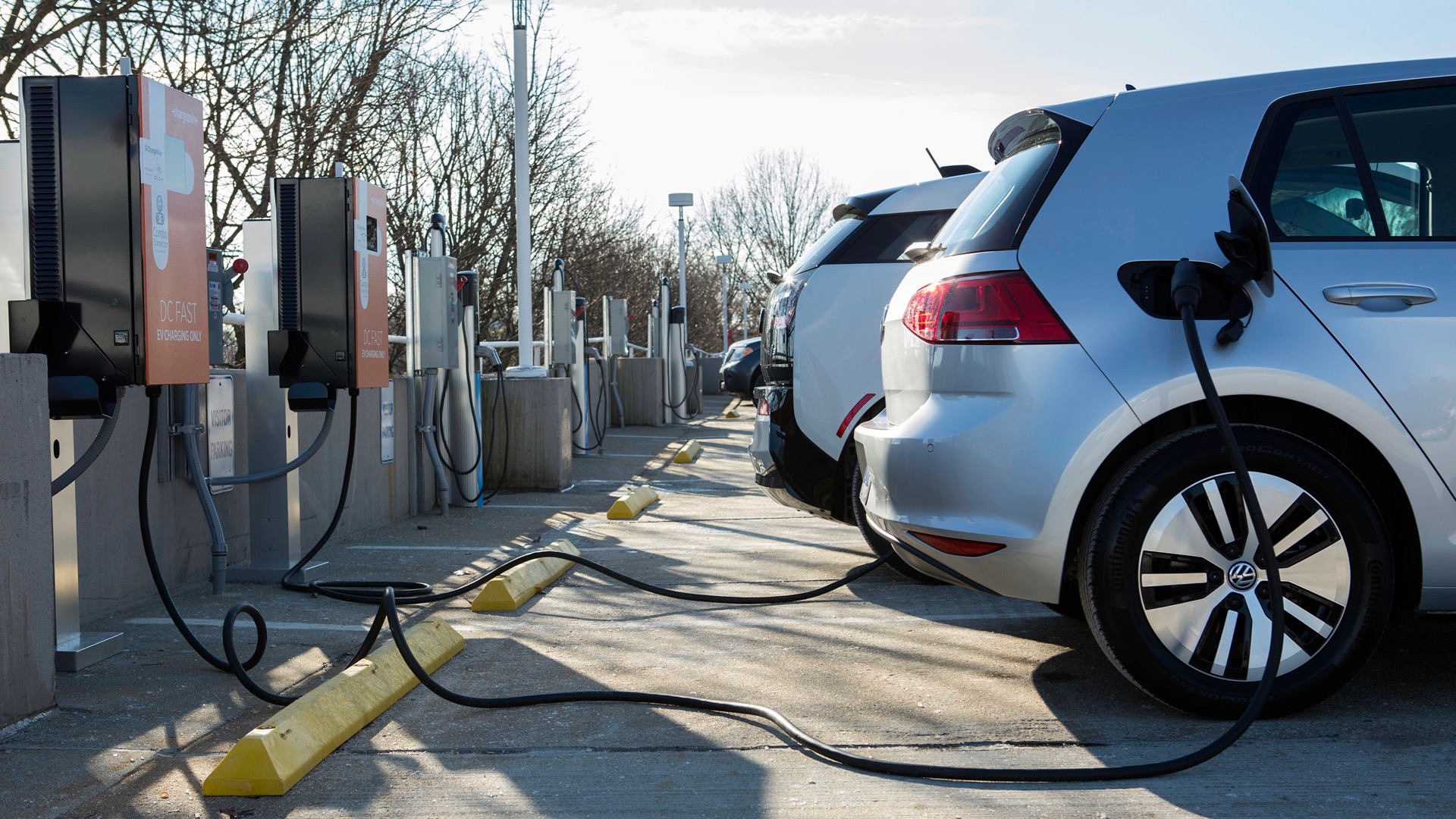

Automakers are spending more on electric cars and autonomous-driving tech to satisfy stricter emissions standards, Wall Street, and anticipated future consumer preferences. But Magna International, one of the world’s largest automotive parts suppliers, wants them to start pinching pennies, reports Reuters.
“We have to reduce the amount of money everybody’s pouring in because the end consumer basically wants cheap transportation,” Magna CEO Don Walker said in a speech at the Automotive News World Congress during the 2019 Detroit Auto Show.
Electric cars are likely necessary to meet stricter global emissions standards and combat climate change, while a number of companies both in and out of the auto industry expect self-driving cars to massively improve safety and convenience while providing new opportunities for profit. But the massive upfront investment for these technologies will take a long time to pay off, Walker said.
Magna estimates that by 2025, the market share of all-electric vehicles will be just four to six percent while plug-in hybrids will account for six to nine percent. Vehicles powered only by internal-combustion engines will make3 up 30 to 37 percent of the market, Walker said, but it’s unclear what powertrain type would account for the rest of it.
By 2030, Magna expects 70 percent of cars will still be completely manually driven, or have a small degree of automation, while 23 percent will have “extensive automation,” but won’t be capable of driving themselves all of the time. Fully autonomous cars will have just seven percent of overall market share in 2030, Walker said, although Magna also estimates that sales of self-driving cars will net $80 billion to $95 billion annually by that time.
“This is a very expensive endeavor [with] lots of people working on it,” Walker said of self-driving cars. “I think we need to have more cooperation.”
That’s exactly what many companies, including Magna, are already thinking. Last year, Magna announced that it was partnering with Lyft on self-driving cars. Lyft is also working with Aptiv on the tech. Toyota is investing $500 million in Uber and will conduct joint tests with the ride-hailing company. Waymo relies on automakers to supply it with large numbers of vehicles, which the Google spinoff equips with its own autonomous-driving systems.
Walker’s remarks also came shortly after Ford and Volkswagen announced plans to team up. The two automakers will primarily focus on vans and pickup trucks, but the announcement also made vague references to electric cars, autonomous driving, and mobility services, an umbrella term for services like ride-hailing and car-sharing.